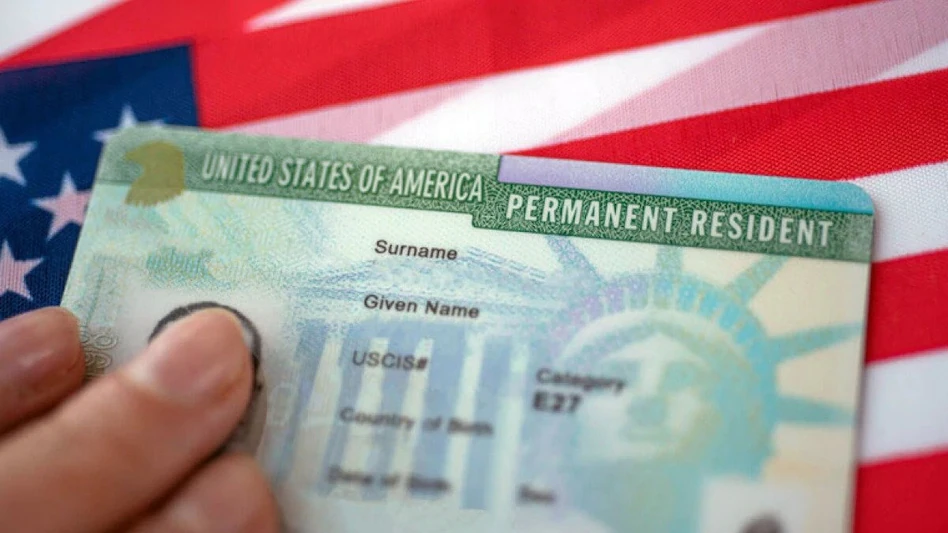
In a significant update, the United States Citizenship and Immigration Services (USCIS) has announced the removal of the COVID-19 vaccination requirement for individuals applying for adjustment of status to become lawful permanent residents. This new policy, which directly impacts applicants submitting Form I-693 (Report of Immigration Medical Examination and Vaccination Record), will no longer require proof of COVID-19 vaccination as part of the application process.
Under the revised guidelines, USCIS will no longer issue Requests for Evidence (RFEs) or Notices of Intent to Deny (NOIDs) based on the absence of COVID-19 vaccination documentation. Applications will not be denied due to missing proof of the vaccine. This policy shift marks a departure from the mandate instituted in October 2021 by President Joe Biden, which had required COVID-19 vaccination for all green card applicants.
While the COVID-19 vaccine mandate has been lifted, applicants for adjustment of status are still required to provide proof of vaccinations for other diseases such as polio, measles, hepatitis B, and tetanus. These vaccinations remain a mandatory part of the immigration process.
Political Context and Immigration Policy under Trump
The policy change comes amid a broader shift in U.S. immigration policies with the return of President Donald Trump to office. Trump has long expressed opposition to vaccine mandates and has emphasized the need to reverse COVID-19-related restrictions. In his recent inaugural address, Trump reaffirmed his commitment to reinstating military personnel dismissed for refusing COVID-19 vaccinations, ensuring that they receive full back pay. He also pledged to eliminate political influences on military operations and prioritize national defense objectives.
This shift in policy has caused growing concern among international students, particularly those from India. Reports indicate that many Indian students on F-1 visas are reconsidering their financial decisions, with some opting to quit part-time or undocumented off-campus jobs to avoid potential risks of deportation under stricter immigration enforcement. Under the F-1 visa, international students are allowed to work up to 20 hours per week on-campus. However, many rely on off-campus employment at restaurants, gas stations, and retail stores to meet living expenses.
The fear of increased scrutiny and the potential for stricter immigration policies under the Trump administration has prompted many students to adjust their financial strategies. According to a report by The Times of India, this shift in policy has sparked uncertainty within the international student community in the U.S.
Looking Ahead
The removal of the COVID-19 vaccination requirement for green card applicants signals a broader shift in U.S. immigration policy under President Trump’s leadership. With this change, other policy alterations are expected in the coming months as the administration continues to focus on reforming various aspects of immigration law and enforcement.
As the situation evolves, stakeholders, including international students, green card applicants, and immigration law professionals, will need to closely monitor further developments and their potential implications on U.S. immigration policy.
Recent Random Post:
















